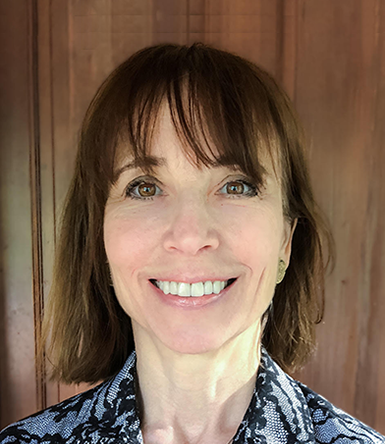Home » Newsletters » The Carlat Hospital Psychiatry Report

The Carlat Hospital Psychiatry Report
Substance Use Disorders (January/February/March) | 2024
View Archived Issues
Wernicke’s Encephalopathy and Korsakoff’s Syndrome
February 1, 2024
Sublingual Dexmedetomidine for Acute Agitation in Bipolar Disorder
January 31, 2024
Are Individuals With Major Depressive Symptoms More Likely to Own a Gun in the United States?
January 31, 2024
Initiation of Gender-Affirming Hormones and Mental Health Outcomes
January 31, 2024
Editor-in-Chief

Dr. Hendrick is a clinical professor at the David Geffen School of Medicine at UCLA and is the director of inpatient psychiatry at Olive View—UCLA Medical Center, where she carries a caseload of patients and provides teaching and supervision for medical students and psychiatry residents. After completing medical school and psychiatric residency at UCLA, she spent several years working as a principal investigator and co-investigator on N.I.M.H. funded research studies. She has authored or co-authored over 75 research papers, editorials, books and other publications. She has a long-standing interest in the needs of severely mentally ill patients from underserved populations and has worked in community mental health settings her entire career.
Recommended
Newsletters
Please see our Terms and Conditions, Privacy Policy, Subscription Agreement, Use of Cookies, and Hardware/Software Requirements to view our website.
© 2025 Carlat Publishing, LLC and Affiliates, All Rights Reserved.

_-The-Breakthrough-Antipsychotic-That-Could-Change-Everything.jpg?1729528747)



